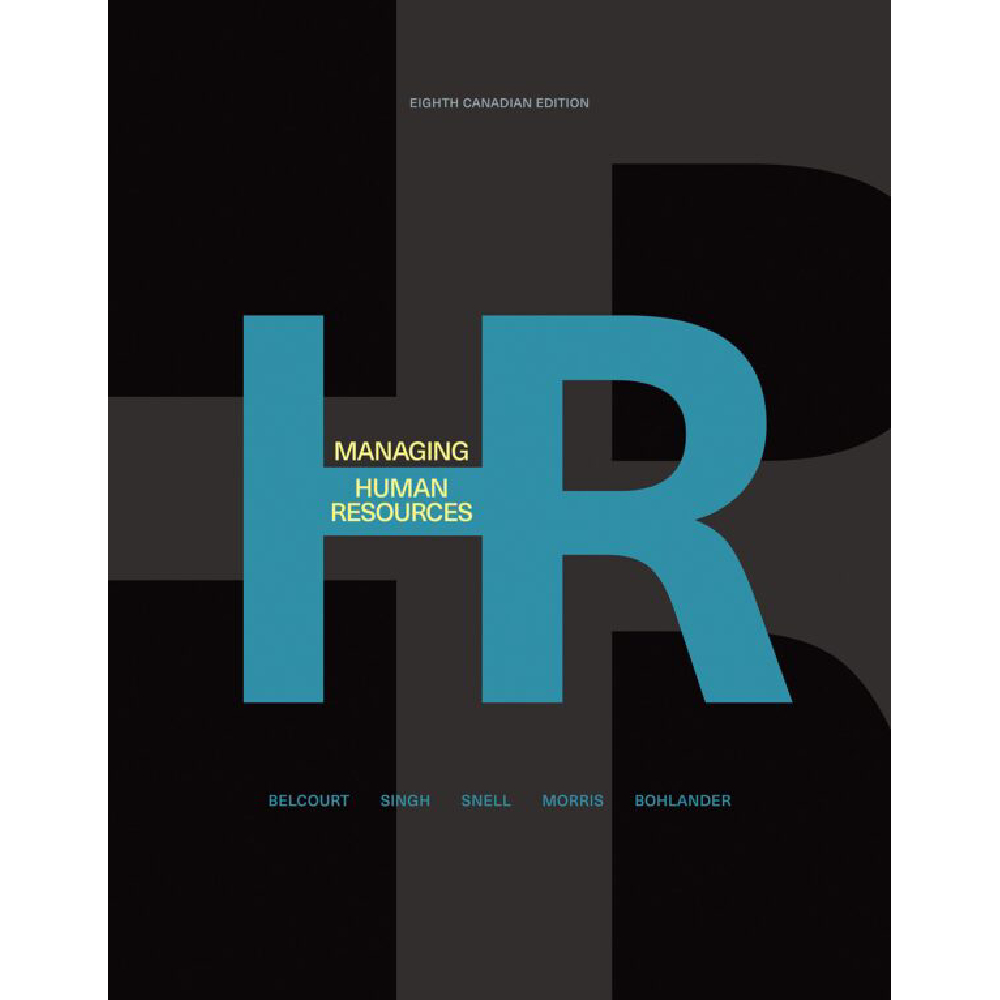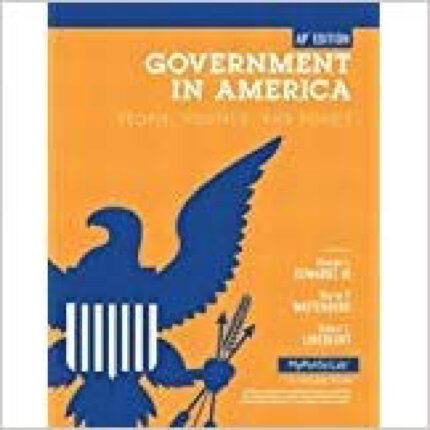Managing Human Resources 8th Canadian Edition By Monica Belcourt – Test Bank
1. Employer health plans are generally restricted to medical, surgical, and hospital expenses.
a. True
b. False
2. Employee benefits are a form of indirect compensation.
a. True
b. False
3. Some benefits are now considered rights to which employees are entitled, rather than a gift of the employer.
a. True
b. False
4. Many employers provide unneeded and unwanted types of medical benefits to their employees.
a. True
b. False
5. Since provincial health care benefits cover basic health care services, very few employers offer supplementary health benefits.
a. True
b. False
6. Legally required benefits amount to 50 percent of the benefits packages that Canadian employers provide.
a. True
b. False
7. Childcare, eldercare and extended leave policies are all examples of employee services.
a. True
b. False
8. In a defined-contribution pension plan, the amount an employee is to receive upon retirement is specifically set forth.
a. True
b. False
9. Severance pay is a one-time payment to employees who have been terminated.
a. True
b. False
10. Online benefits programs allow employees self-service freedom and availability virtually any time.
a. True
b. False
11. Employee assistance programs and wellness programs cannot help organizations cut the costs of health care benefits.
a. True
b. False
Answer Key
1. False
2. True
3. True
4. True
5. False
6. False
7. True
8. False
9. True
10. True
11. False













Reviews
There are no reviews yet.